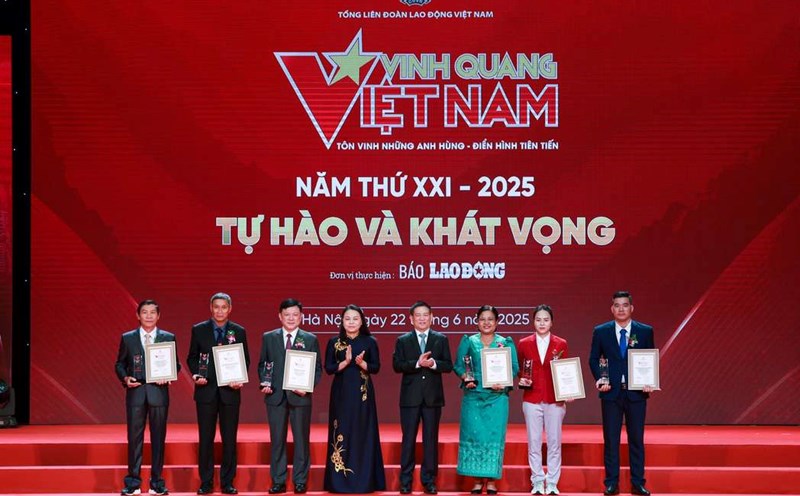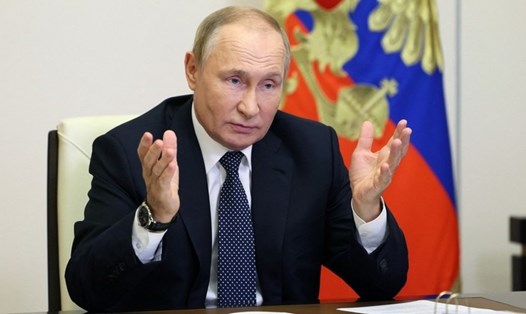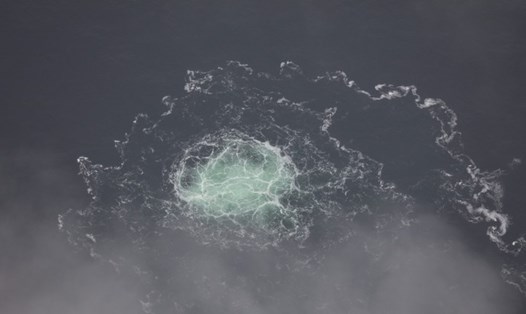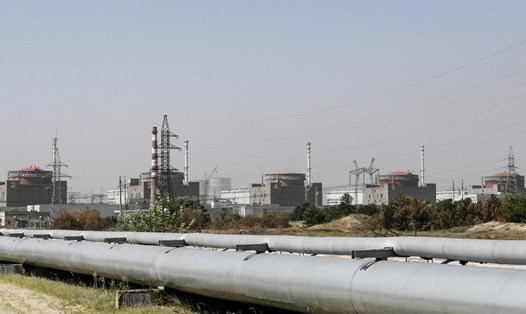While the EU wants the EPC summit to focus on emphasizing Russia's isolation over the war in Ukraine, the summit could be affected by differences on other issues, such as the gas price cap to curb rising energy costs.
As the brainchild of French President Emmanuel Macron, the EPC brings together 27 member states of the European Union (EU) and 17 others, including several that are waiting to join the bloc and the only country leaving the bloc is the UK.
This conference is a way to seek a new order without Russia. That does not mean we want to leave Russia off forever, but this Russia, President Vladimir Putin's Russia, has no place," Reuters quoted Josep Borrell, EU foreign policy chief.
Mr. Borrell emphasized that the EPC is an organization that includes countries from the UK to Serbia to Türkiye, stretching from Caucasus to the North Sea and the Mediterranean.
"This is the signal we want to send, that it is not good that we cannot build a security order with Russia. Russia is isolated... Russia has no place while everyone else is here, Borrell said.
The conference in the Czech capital Prague is seen as a show of solidarity for a continent plagued by many crises - including the security and economic consequences of the war in Ukraine. However, organizers are unclear about the specific goals of the EPC.
Borrell said before the summit that the leaders would meet for just half a day to conduct an preliminary exchange. Questions about the ultimate purpose, membership, and operation of the EPC have not been raised.
Some see the EPC as just another hammock organization, which will be difficult to manage not only because of its scale but also because of the diversity and traditional competition between many members, from Azerbaijan and Azerbaijan to Greece and Türkiye.
Others see hope in British Prime Minister Liz Truss' decision to attend - a move that could pave the way for a warmer relationship between the EU and the UK that has been cracked by the post- Brexit dispute over Northern Ireland.
Tensions will also flare up over Germany's €200 billion ($197.50 billion) support package for businesses and households, which many other member states have criticized as harming competition in the EU's common market.










